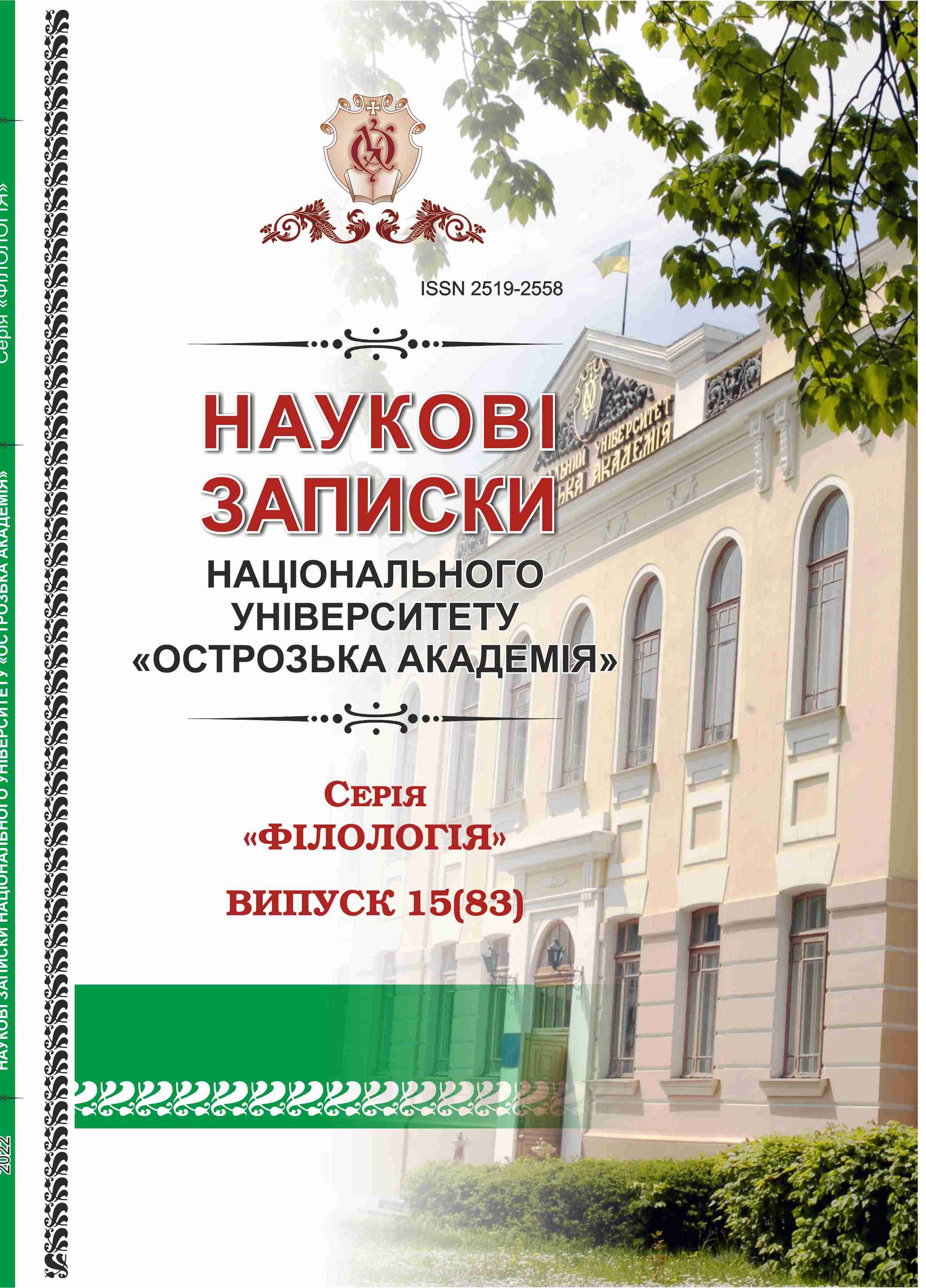DIDACTIC PRINCIPLES OF IMPLEMENTATION OF DIGITAL TOOLS IN THE PROCESS OF LEARNING GERMAN AS A SECOND FOREIGN LANGUAGE
Keywords:
information and computer technologies, digital tools, distance learning, traditional learning, digital competence, efficiency, expediency, effectivenessAbstract
The article analyzes the didactic principles of using digital tools as a type of information and communication technologies when learning German as a second foreign language. Specialized applied software for distance, electronic and mobile learning became the object of didactic analysis. The expediency and effectiveness of introducing mobile applications CuePrompter, simpleshow, Bingo Baker, Wordwall, Klett Augmented into the educational process were investigated; a comparative analysis of students’ success in the conditions of traditional (with limited use of ICT) and distance learning with wide implementation of technologies in the educational process was made. It was concluded that the didactically justified implementation of digital applications promotes motivation to learn foreign languages, increases the effectiveness and quality of education. At the same time, the introduction of digital tools requires proper media training and digital competence on the part of all participants in the educational process.

